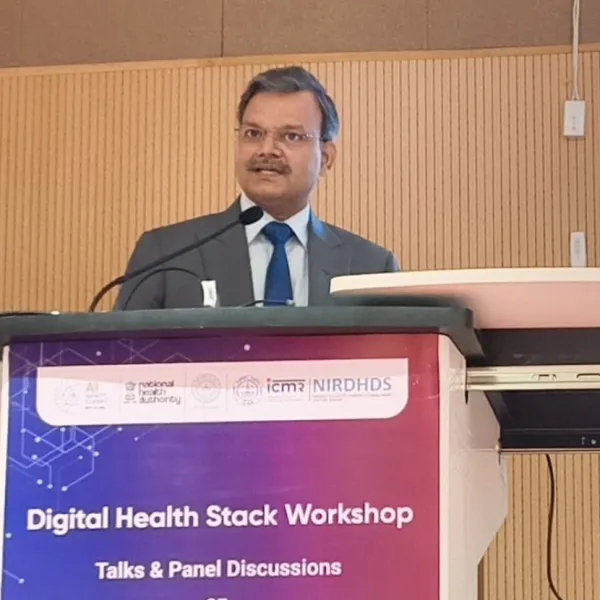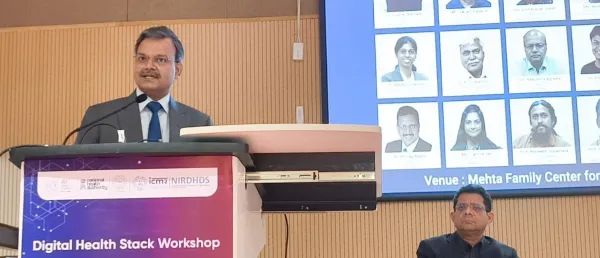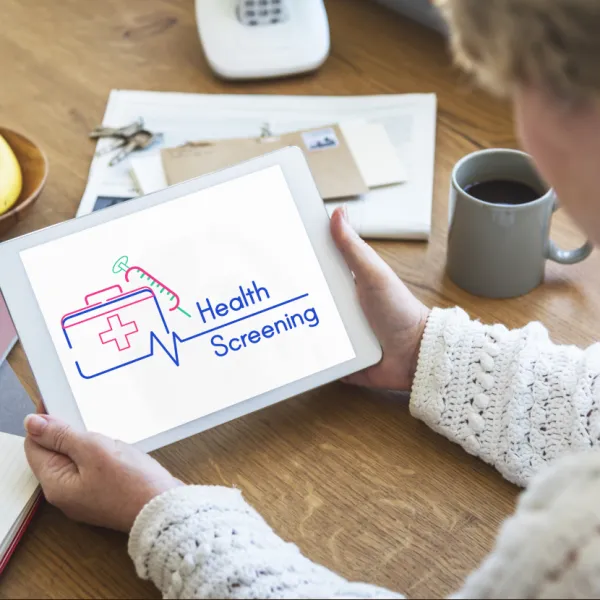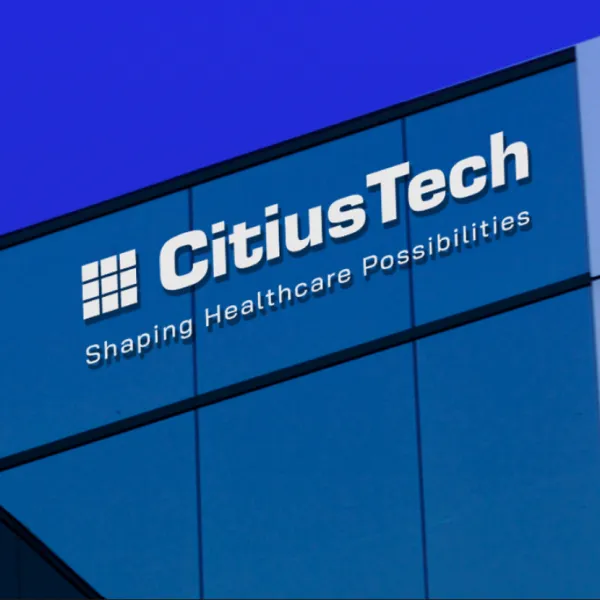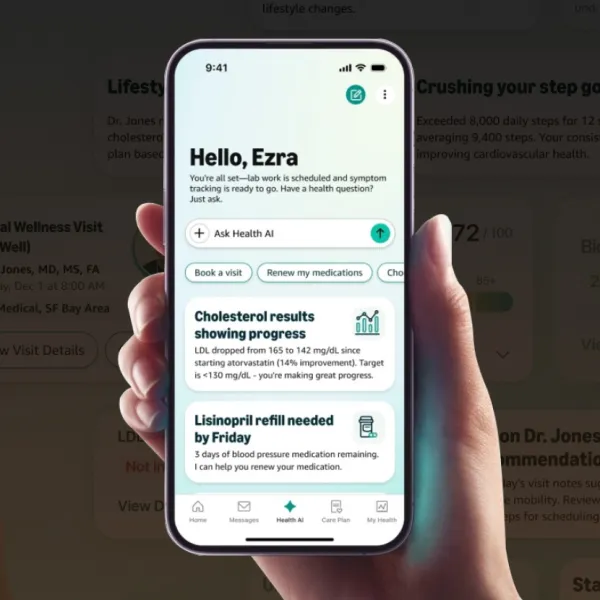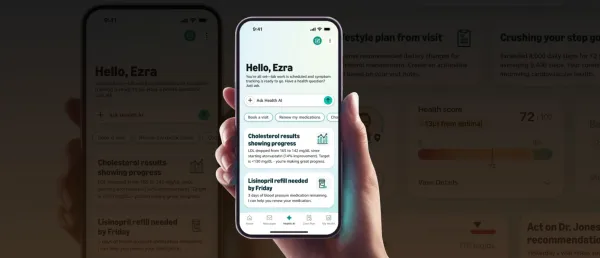Apollo Hospitals & Solventum Partners for Cardiovascular Risk Prediction

The collaboration will integrate Solventum’s patient classification and quality methodologies with Apollo’s AI-powered technology to enhance cardiovascular care.
Apollo Hospitals has partnered with Solventum Health Information Systems, a 3M spinoff, to strengthen its AI-driven cardiovascular disease (CVD) risk prediction tool.
The collaboration will integrate Solventum’s patient classification and quality methodologies with Apollo’s existing AI-powered technology to enhance cardiovascular care.
The partnership aims to evaluate the effectiveness of their combined solution in improving population health and hospital resource management. This includes analyzing key metrics such as mortality rates, length of hospital stays, complications, and readmissions.
"The project aims to evaluate opportunities to deliver high-quality care most cost-effectively by leveraging the potential of diagnosis-related groups, case mix index, and the severity of illness, and by increasing the efficiencies in resource utilization," Apollo and Solventum said in a joint statement.
Cardiovascular diseases account for over a quarter of deaths in India, and there is a severe shortage of cardiologists, currently at one per 250,000 people, so predictive analytics is being positioned as a critical tool to bridge this gap.
The enhancement of Apollo’s AI tool is expected to improve risk assessment and reduce hospitalizations by more accurately identifying high-risk patients.
Evolution of Apollo’s AI-Driven Cardiovascular Risk Tool
Apollo introduced its Cardiovascular Disease Risk tool in 2021, using data from over 400,000 patients to predict an individual’s risk based on lifestyle attributes and vital signs.
In 2022, the tool was integrated into ConnectedLife, a healthcare application and Fitbit partner in Singapore, further expanding its reach.
Beyond cardiovascular care, Apollo Hospitals has been actively expanding its AI capabilities.
Most recently, it partnered with Microsoft to implement AI copilots, reinforcing its commitment to AI-driven healthcare solutions.
Expert Insights on the Collaboration
"This powerful union enables us to pinpoint high-risk patients more accurately and deliver timely, personalized care. This breakthrough dramatically reduces complications and hospital stays while fundamentally transforming patient outcomes and broadening access to the high-quality care everyone deserves," said Dr Sangita Reddy, Co-Managing Director of Apollo Hospitals.
"We believe this collaboration can help us more accurately identify patients at high risk of adverse outcomes that may need additional services. Due to our joint efforts, we anticipate improved patient access, operational efficiency, and clinical outcomes," said Dr Sandeep Wadhwa, Global Chief Medical Officer of Solventum HIS.
Stay tuned for more such updates on Digital Health News







